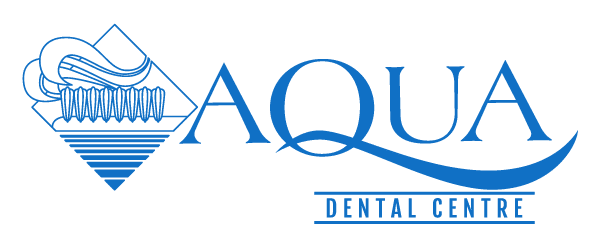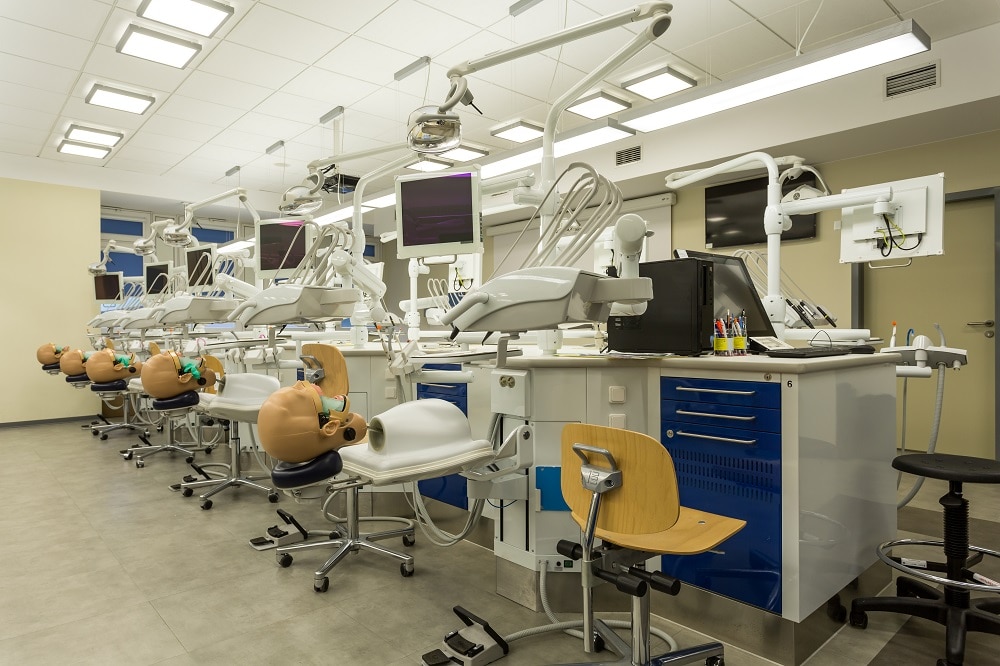Dental School
The Doctor of Dental Surgery (DDS) and Doctor of Dental Medicine (DDM) are four-year graduate study programs in the United States. It is with the assumption that the student studies on a full-time basis and passes all the academic and clinical training requirements, as stated in the curriculum. On the other hand, some students can complete the dental training program in six to seven years through an accelerated program.
Bachelor’s Education Is A Must
Before you can enroll in either a DDS or DMD program, you should have completed a four-year bachelor’s degree program. While the choice in a bachelor’s degree is yours to make, you’re well-advised to take science courses. It includes biology, anatomy, and health since these topics will likely appear in the Dental Admission Test (DAT). These subjects are also generally a pre-admission requirement for dental school.
Furthermore, some universities and colleges offer pre-dental programs, but these don’t result in a degree. Instead, these programs are designed to aid students in planning their bachelor’s degree curriculum and, thus, meet admission requirements to either a DDS or DMD program.
There’s an alternative – and faster, too – route to completing a four-year bachelor’s degree program if you’re in a hurry to become a licensed dentist. You can complete two to three years in a bachelor’s degree program. Apply to dental school, and complete it while also being enrolled in the four-year DDS or DMD graduate program.
Admission Into A Dental Degree Program
First off, you have to pass the DAT before you can be considered for admission into the dental school of your choice. Your undergraduate academic performance will also be considered during the admissions process, yet another proof of the highly competitive aspect of dental school admission.
It is also worth noting that you can take the DAT even before you graduate college, as mentioned above.
Once you’re admitted into a dental school, you can go on to complete either the DDS or DDM program in four years. The number of years you spend in dental school will depend on your academic performance, compliance with clinical requirements, and student status. You may, for example, spend five years if you aren’t a full-time student for one reason or another.
During the first two years in dental school, you will learn subjects related to general and dental science in both the classroom and laboratory. Your classes usually include histology, oral anatomy and microbiology, radiology, dental anesthesiology, and neuroscience. You will also learn the management of a dental practice and patient relations, among others.
In the last two years, you will also divide your time between your classes and in clinical practicums, where you will gain supervised practical experience. Your clinical practicums, also known as clinical clerkships and rotations, are in dental clinics, hospitals, and other healthcare settings. You will observe licensed dentists at work, assist them during their practice, and even work with patients.
If you choose an accelerated dental program, you have to take on a rigorous course load that will prepare them for dental training. You must also meet strict requirements in grade point averages and DAT scores, as well as take advanced dentistry courses.
Conclusion
After four years in a bachelor’s degree program and four years in dental school, if you take the conventional route, you can take the state licensure exams for dentists.


